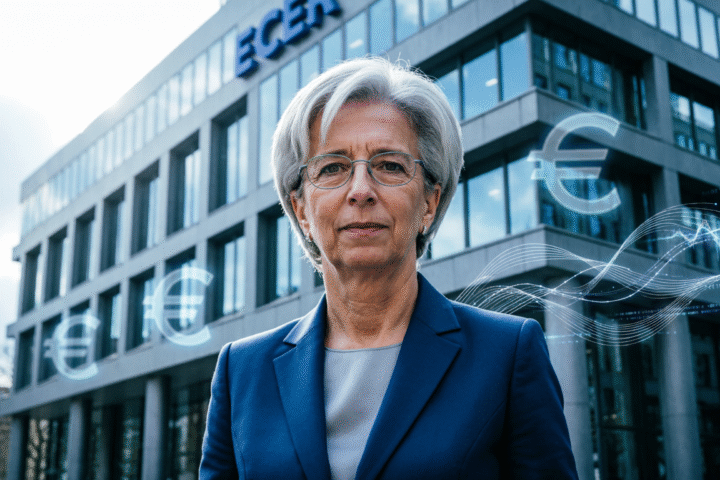The United Kingdom has introduced a new bill that recognizes crypto and other digital assets as personal propеrty, according to a press release.
The Property (Digital Assets, etc.) Bill recognizes digital assets, such as cryptocurrency, non-fungible tokens (NFTs), and carbon credits, as personal property. The release, published on Wednesday, says this will be the first time these digital assets will fall under the protection of English and Welsh property law.
Prior to this, digital assets were not recognized as property under the laws of England аnd Wales. This would often leave owners in a legal grey area if their assets were misused or comрromised. This bill is set to address these gaps and help provide legal protection to owners and companies against fraud and scams.
Justice Minister Heidi Alexander talked about the importance of keeping the law aligned with technological advancements. “It is essential that the law keeps pace with evolving technologies, and this legislation will mean that the sector can maintain its position as a global leader in crypto assets and bring clarity to complex property cases,” she noted in the press release.
The bill states that the United Kingdom’s legal sector can now function more efficiently while responding to new technologies, which will help attract additional businesses and investments in the £34 billion market.
Related: Lagarde Exit Talk Sparks Uncertainty Over ECB Digital Euro Future
It is estimated that the English law governs £250 billion of global mergers and acquisitions, representing 40% of global corporate arbitrations. Thus, lawmakers believe in keeping the law up to date and strengthening the UK’s judicial position across the globe.
UK at the Forefront of Digital Asset Recognition in Property Law
Industry professionals and social media users alike are thrilled about this new development. Michael Bacina, a Web3 legal advisor, referred to the introduction of the bill as a “leading moment in digital assets.” In a LinkedIn article, he noted that if the bill becomes a law, it will offer clear guidelines on what constitutes digital assets.
“The Bill will put an end to arguments that digital assets, being software or data objects, are incapable of being property by virtue of that characteristic, and help regulators and judges apply existing laws in a way that aligns with how people have been treating digital assets for some time (like property).
While not applicable outside of the UK, it will no doubt have influence over other common law countries considering how to address fundamental definitions surrounding digital assets,” he said.
Related: CFTC Opens Door for National Trust Banks to Issue Stablecoins
Another user on X with the handle @OkayBitcoin noted that the UK is set to bring about a revolution in the crypto space.
“The UK is set to redеfine the crypto game! A new bill aims to classify #Bitcoin, NFTs, and other digital assets as personal property, giving them legal clout. This could make Britain a powerhouse in the crypto world,” the post read.
The introduction of a new bill in the UK that recognizes digital assets as personal property marks a significant step toward legal clarity and protection for asset holders. This development enhances consumer confidence in the digital economy and encourages innovation and investment in emerging technologies.












